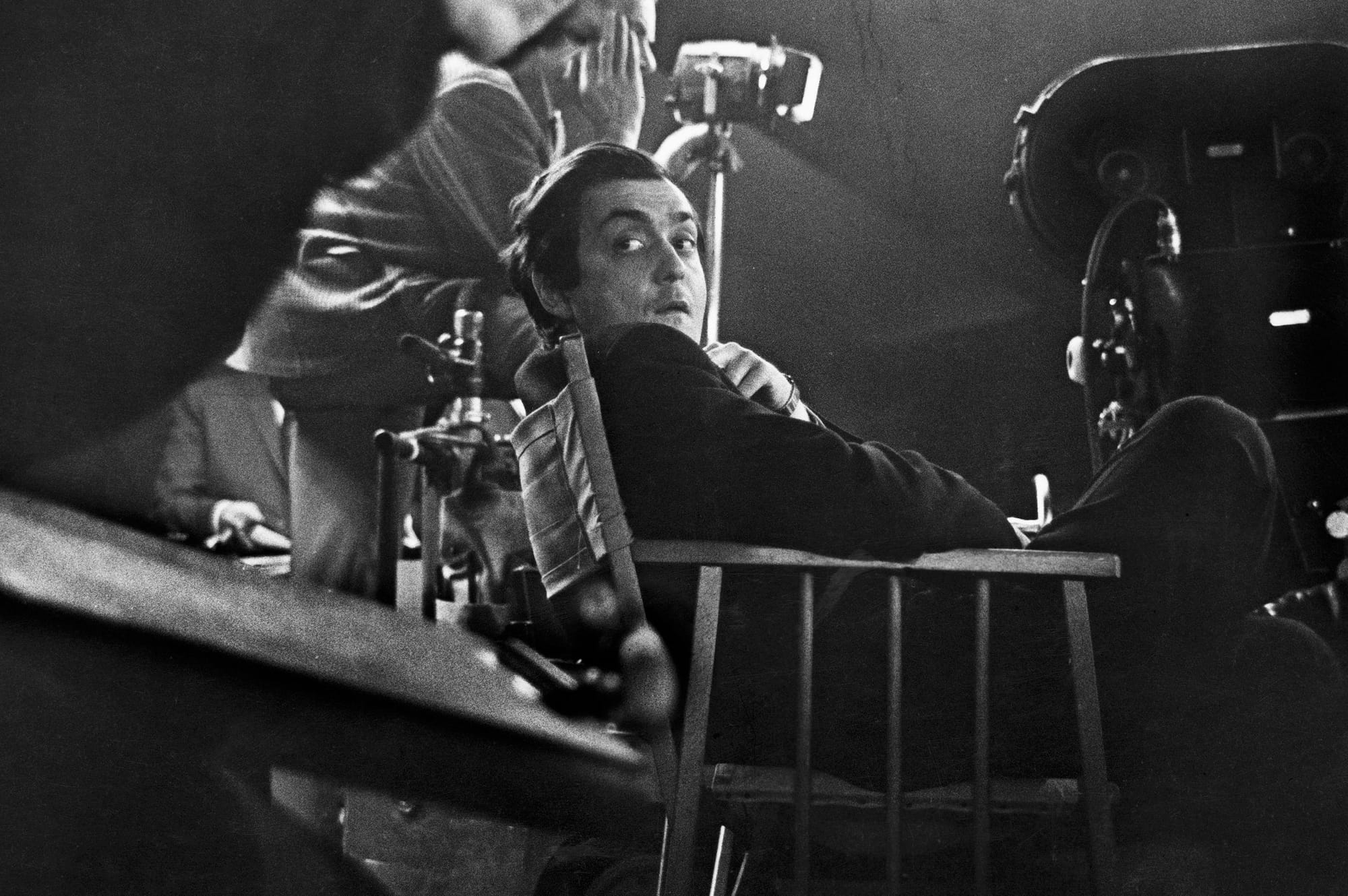There's a publication in Milwaukee called the Shepherd Express. They have a section called "News of the Weird", from which I culled the following:
Christopher Carroll, 36, was suspended from his job as a paramedic with the Baltimore County Fire Department and is facing 23 criminal

